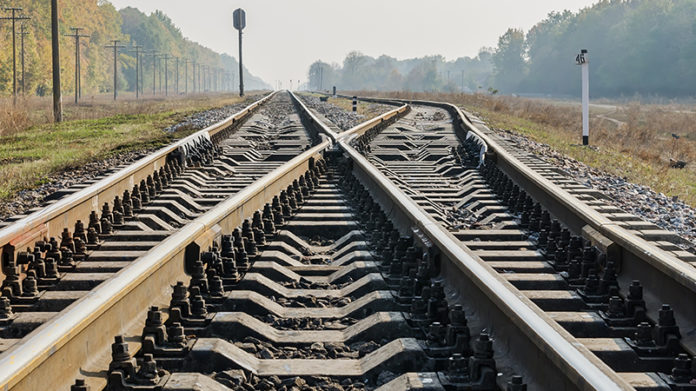
MERAFE Resources and Glencore had encountered “huge problems” exporting ferrochrome from South Africa with utilisation rates on the rail and ports facilities managed by Transnet, the government-owned company, as low as 40% on occasions.
Japie Fullard, head of ferrochrome operations at Glencore, said logistical backlogs had been made a top priority of Glencore-Merafe Chrome Venture’s financial year.
“It is a huge concern for us. We have been having a huge discussion with the CEO of Transnet (Portia Derby). We would like to join hands in getting the logistical problems sorted,” said Fullard. Merafe Resources, listed in Johannesburg, has a 20.5% in the Glencore-Merafe Chrome Venture.
Transnet said recently it was taking steps to improve utilisation of the rail line, especially between the Mpumalanga and KwaZulu-Natal provinces. This was following damage sustained during tropical cyclone Eloise in February. But track theft had also been a long-standing problem for Transnet. “Theft is playing a big role,” said Fullard today.
South32, which produces and exports coal and manganese from South Africa, said in February its sales would be harmed if Transnet’s under-performance continued.
“If it continues longer, we will see that pressure building,” said Mike Fraser, COO of South32, regarding delays caused by logistical infrastructure problems.
Commenting during, Merafe Resources’ annual results presentation today, in which the company reported a 26% decline in basic earnings of 40 cents/share amid lower production, Fullard also said the group was pressing Eskom for a special power tariff.
In addition to Eskom’s recently sanctioned 15.5% annual tariff increase, Glencore-Merafe Chrome Venture also pays a 14% cross-subsidy. “We are discussing with Eskom and Nersa (National Energy Regulator South Africa) dropping the cross subsidy,” he said.
This is done through a negotiated price agreement Fullard said had been lodged with Nersa “a few weeks ago”. Another 15.6% tariff increase – if implemented again next year as seems likely – would compound the venture’s problems further.
Miningmx reported in September that it had booked an impairment of R1.34bn during the first six months of its 2020 financial year owing to Covid-19 related production stoppages, and cut about 1,000 jobs.
It had put its Lydenburg and Rustenburg smelting operations on care and maintenance as they were loss-making.
Merafe reported an attributable 29% decline in ferrochrome production to 265,000 tons for the 12 months ended December. However, production ought to return to about 300,000 tons based on Fullard’s comments that full productive capacity would increase to 1.2 million tons. There had been an improvement in ferrochrome pricing but this ought to come off slightly as production from Mongolia returned, he said.
A levy on chrome bought by Chinese customers – as the South African government stated it would do – would assist the Glencore-Merafe Chrome Venture, said Fullard. About 80% of Chinese chrome imports were from South Africa. Details of the chrome export price levy had not been detailed by the government, however.










